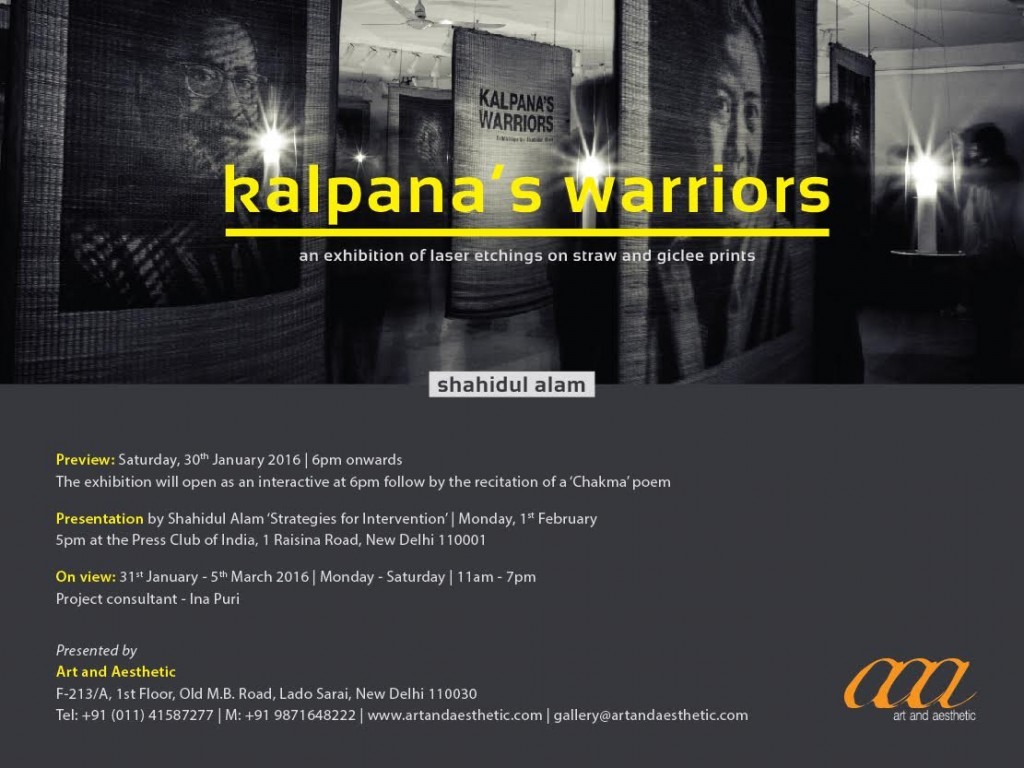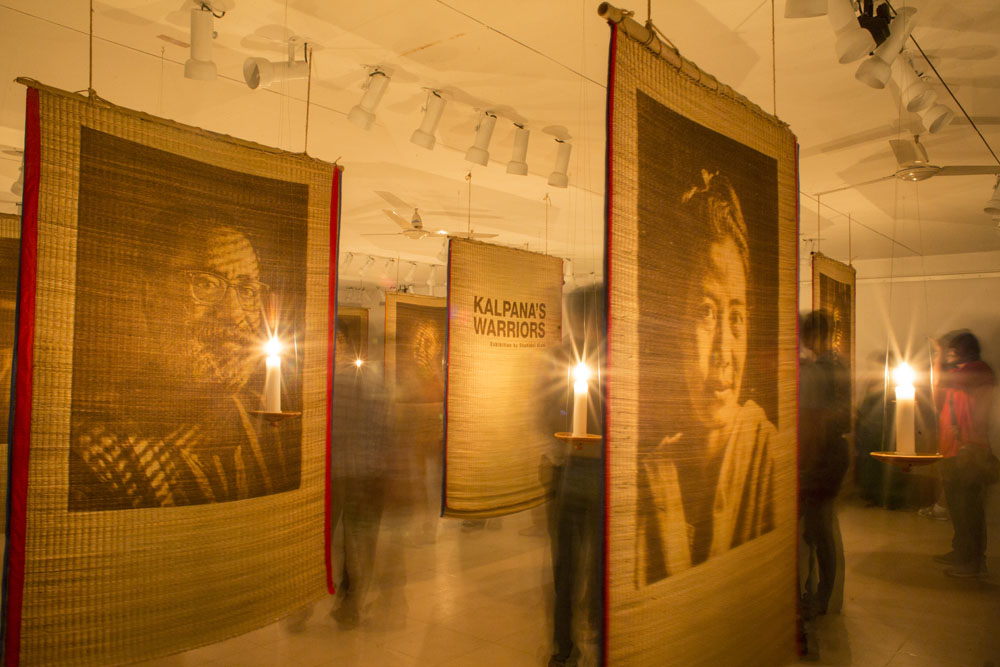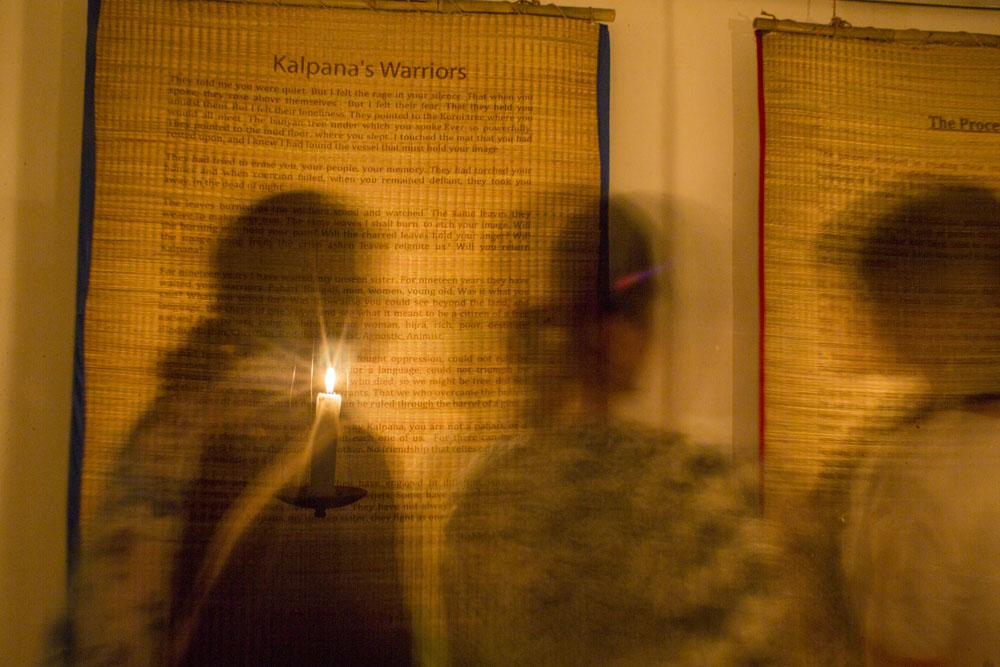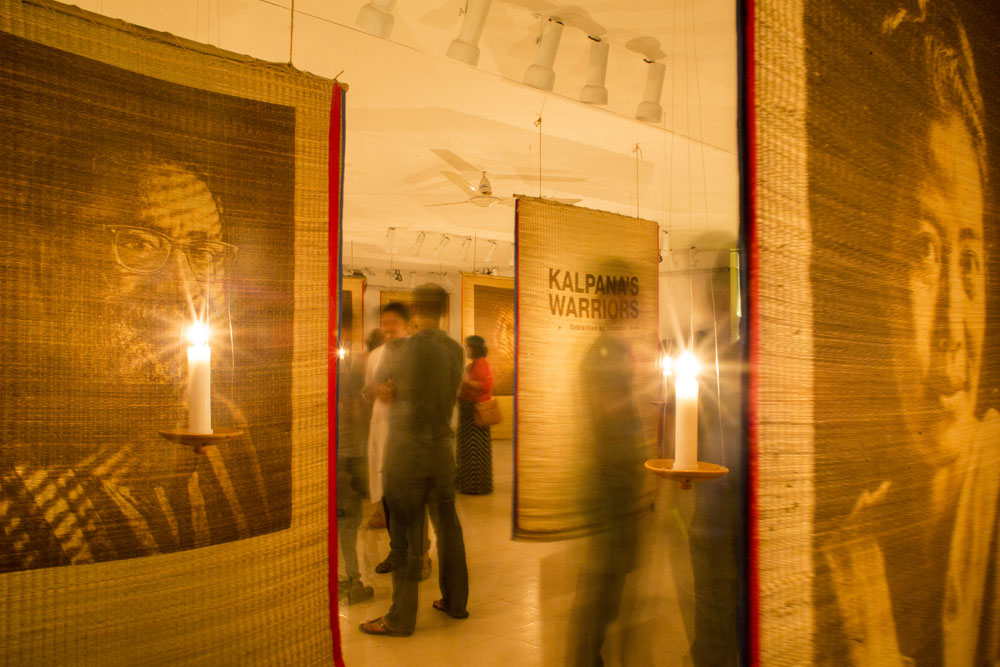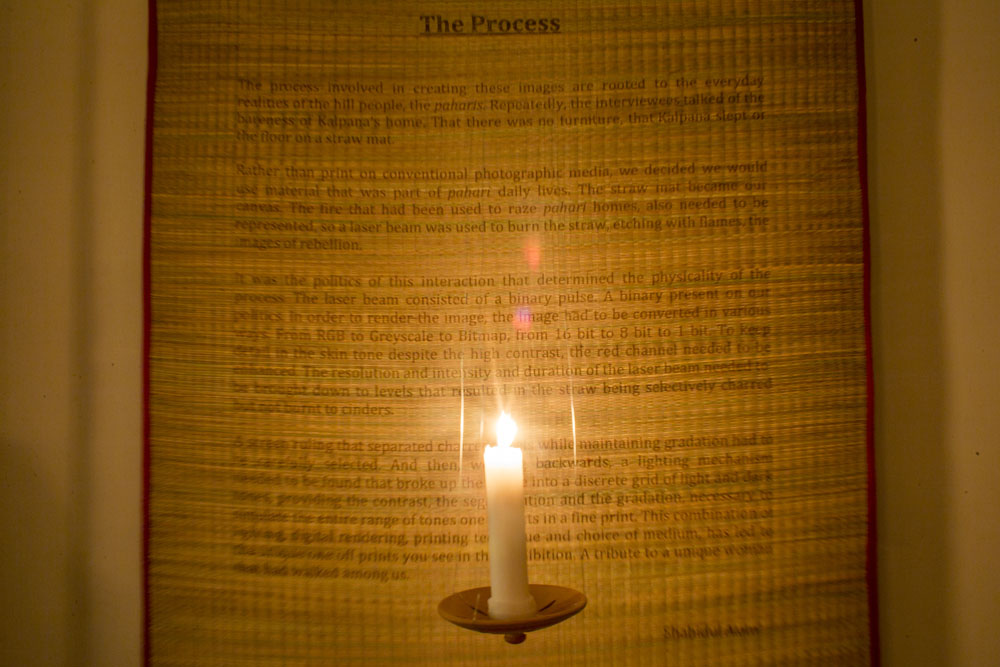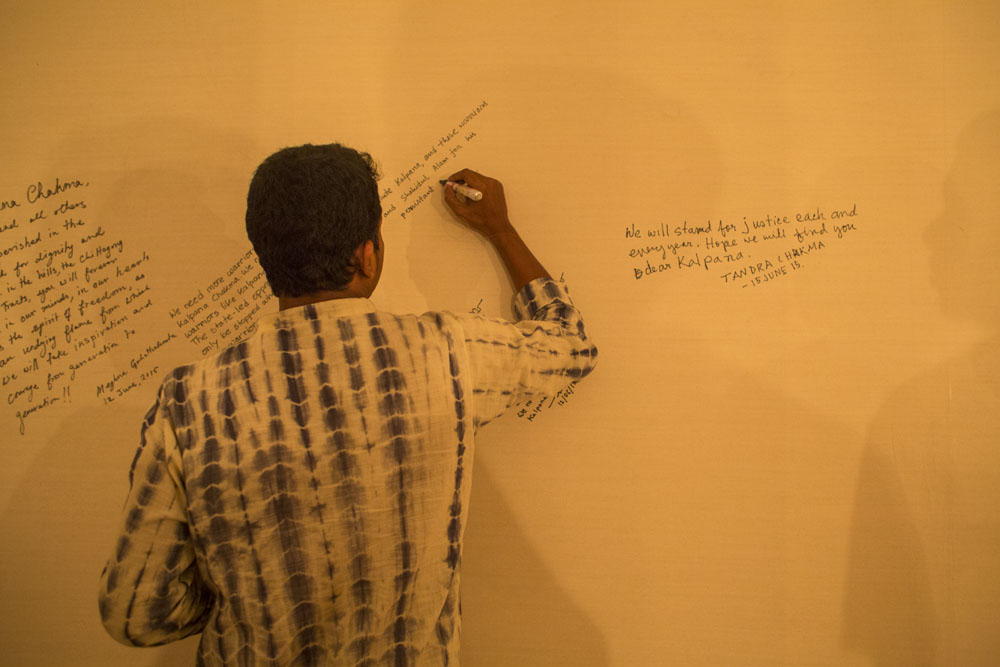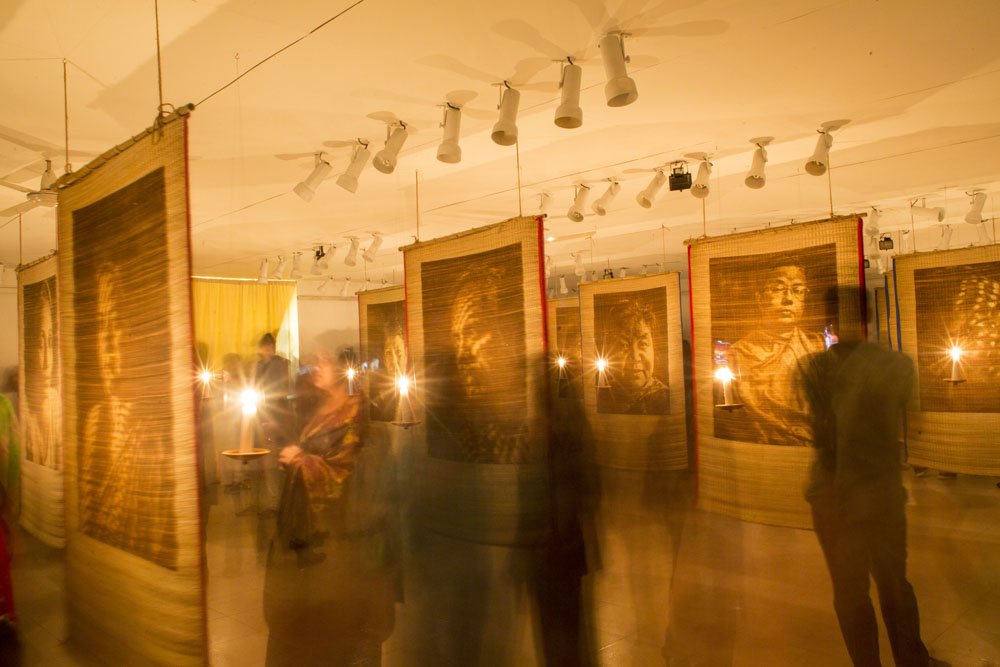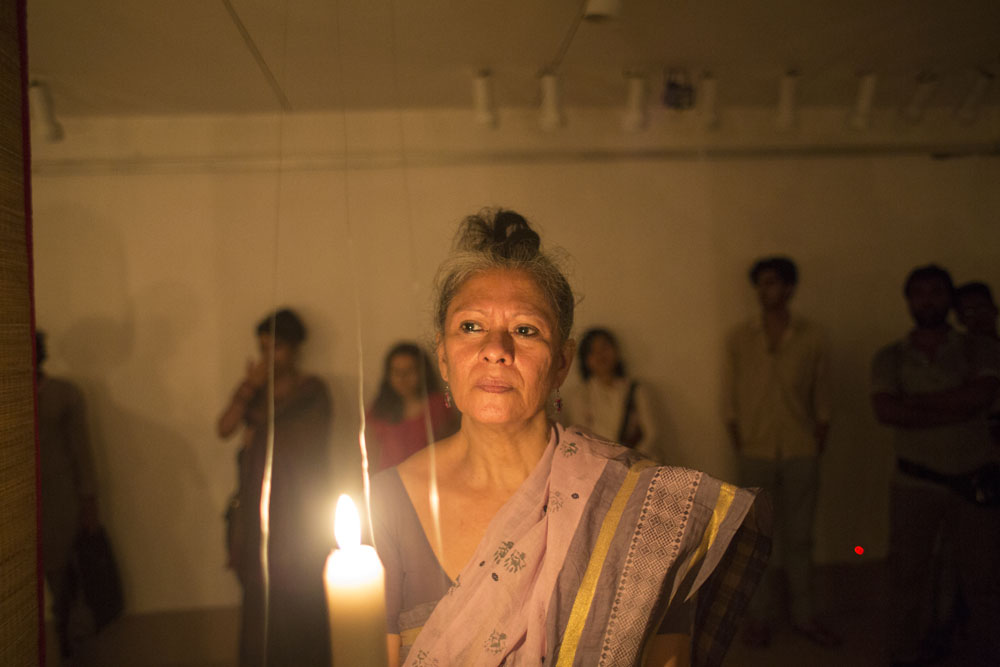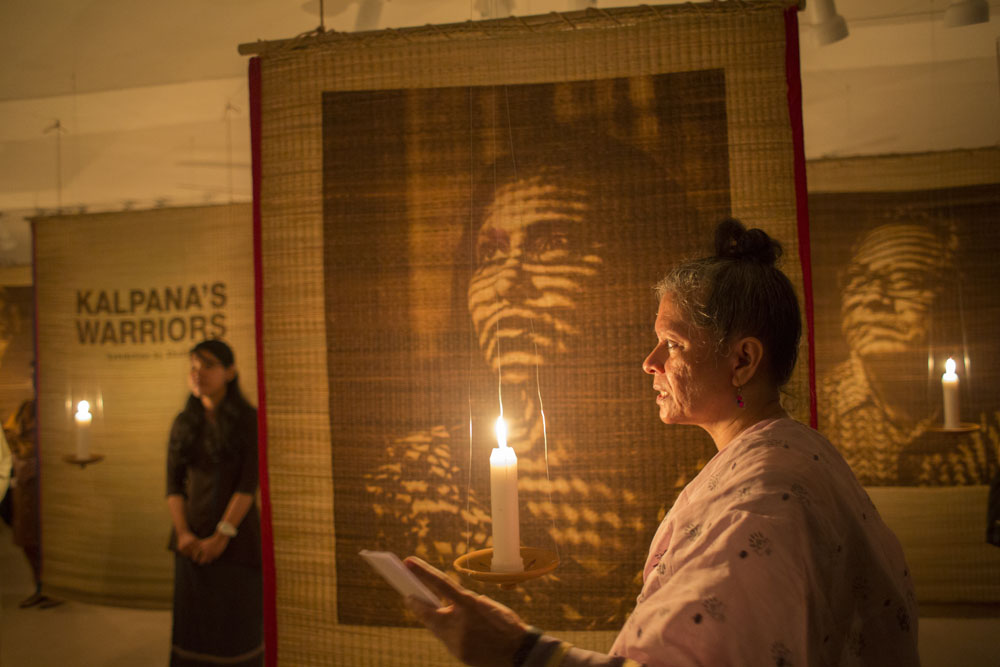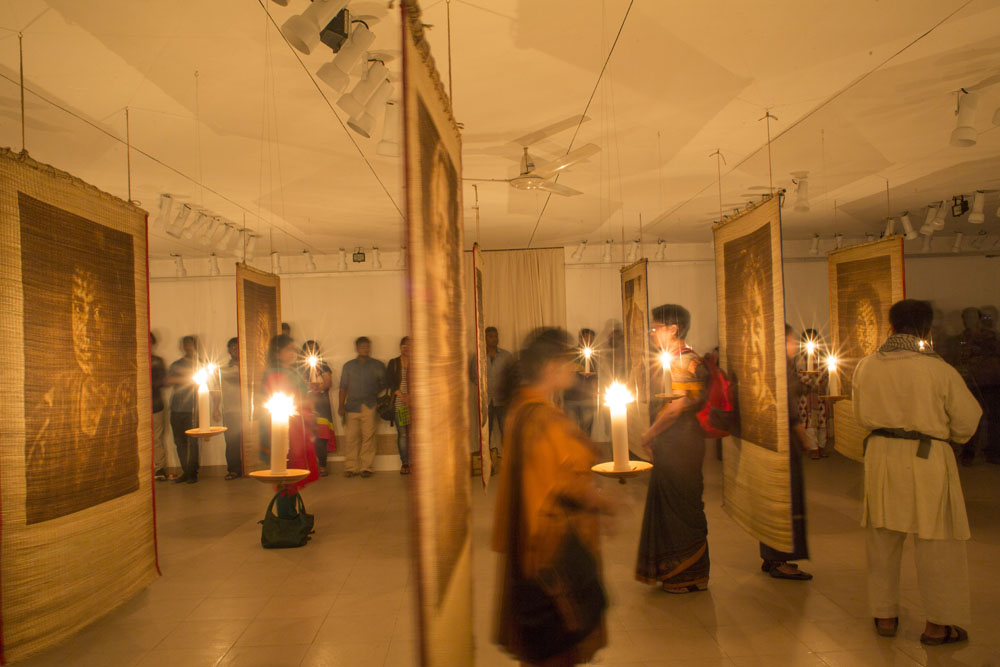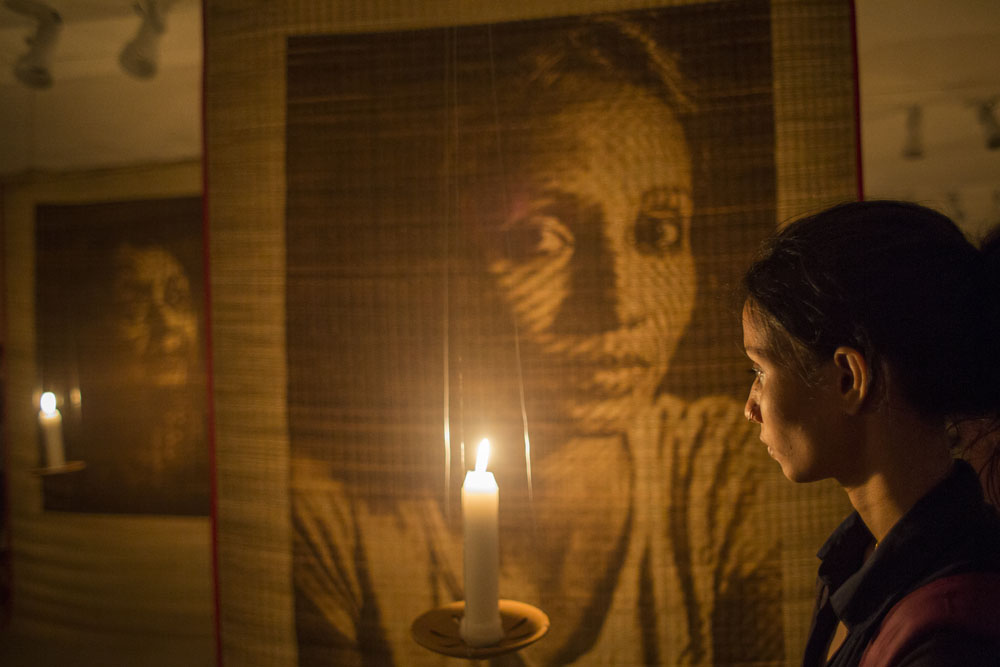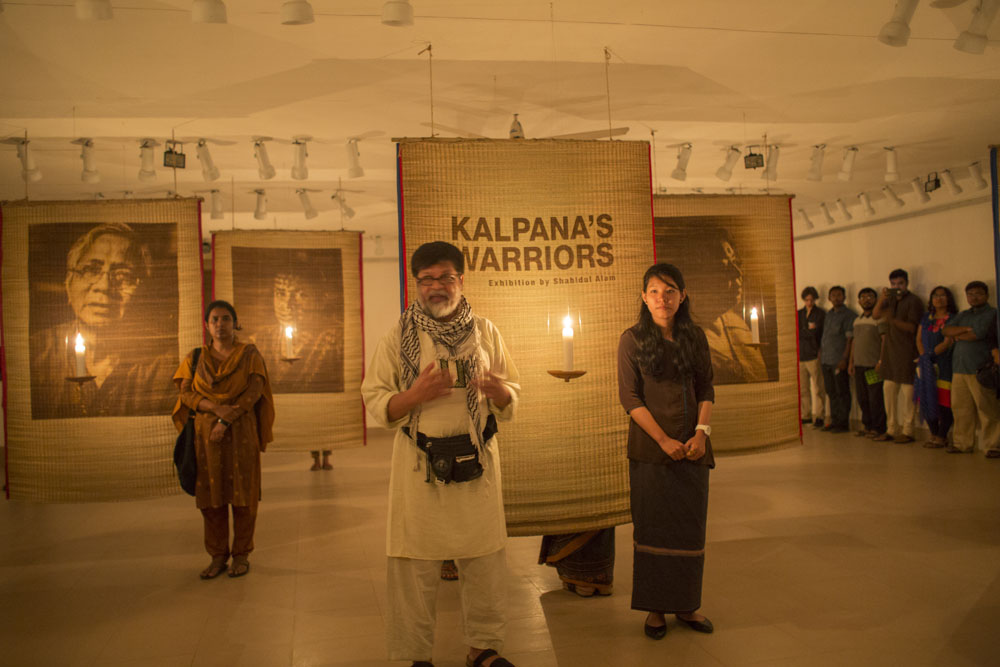
It was a welcome opportunity to meet Prime Minister Sheikh Hasina during her official visit to the UK. Three of us, Lord Eric Avebury of the UK House of Lords, Brad Adams of Human Rights Watch and I met the Prime Minister on 30 January at her hotel suite in London.
Bangladesh Foreign Minister, Dr Dipu Moni and the Bangladesh High Commissioner to the UK, Dr Sayeedur Rahman Khan were also present at the meeting.
We began with a discussion on the war crimes trials, restrictions on human rights groups visiting Chittagong Hill Tracts, and the continued delay in implementing the Chittagong Hill Tracts Accord (CHT) that was signed in 1997 during Sheikh Hasina?s previous tenure as Prime Minister.
The Prime Minister said she was committed to implementing the CHT Accord and had set up a committee to advise her on how to implement it.
The Foreign Minister said the government was aware of the concerns the International Bar Association had raised about the law under which war crimes will be tried. She said the government had sought the opinion of legal experts on those concerns and that the amended law incorporates their advice. She said the process is to heal wounds, and the government is looking at all issues in relation to the trials, and the rule of law would be followed.
The law denies, among other things, the right to challenge the jurisdiction of the Tribunal and the right to the possibility of bail but it was not clear if the government would move to amend the law.
I told the Prime Minister that Amnesty International welcomes the government?s move to make the National Human Rights Commission permanent and asked for her assurances that it would remain independent and well resourced. Also, the government?s move to try Bangladesh Rifle mutineers in civilian courts, as against courts martial, was welcome.
I expressed concern that the government?s move to address some of the human rights concerns appear to favour only members of her own party, the Awami League. There is a long, unwelcome legacy in Bangladesh for governments to go soft on the criminal activities of members of their own party and harsh on the opposition. I asked why the only known cases of the government pardoning death penalty convicts were 20 convicts, 19 of whom were members of the governing Awami League. I also expressed concern about the activities of the Bangladesh Chattra League (BCL), the student wing of the Awami League, and the serious allegations of human rights abuses by this grouping, which have gone unpunished.
The Foreign Minister said the deaths sentences had been politically motivated and for that reason the prisoners have been pardoned. I was dismayed as I had hoped to hear a commitment to pardoning more death penalty convicts and the exercise of utmost impartiality in choosing who to pardon.
The Prime Minister said she had taken action against the BCL members. Some have been arrested for committing crimes and some have been expelled from the Awami League.
I explained that torture continues to be widespread and asked the Prime Minister if her government would consider implementing the 2003 Supreme Court ruling that provides guidelines for torture free investigation of suspects. This question remained unanswered.
I referred to statements the Prime Minister had made before and after the 2008 elections that extrajudicial executions would end. Yet, they continue and nothing seems to be done to stop them.
The Prime Minister said extrajudicial executions have been happening since 2004 and she has been very vocal on the issue from that time. She said they could not stop overnight. She said all incidents are investigated, and if any officer is found to have committed a crime ?immediately we take action against it?.
I agree that extrajudicial executions cannot stop overnight, but work to stop them can begin straight away. While the Prime Minister?s comments generate the hope that the government might be prepared to address the issue, the Home Minister?s comments last week that extrajudicial executions were not happening undermines that hope.


